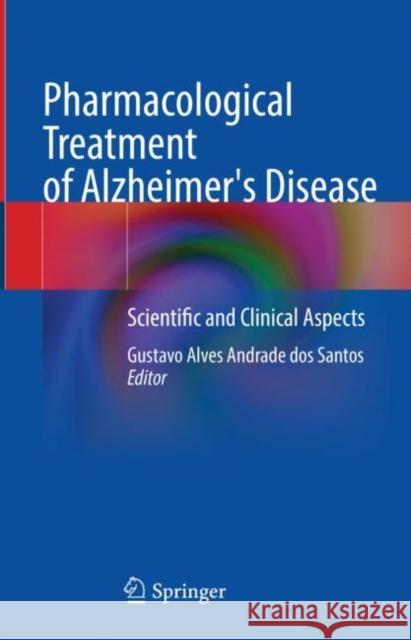Pharmacological Treatment of Alzheimer's Disease: Scientific and Clinical Aspects » książka
topmenu
Pharmacological Treatment of Alzheimer's Disease: Scientific and Clinical Aspects
ISBN-13: 9783030943820 / Angielski / Twarda / 2022
Pharmacological Treatment of Alzheimer's Disease: Scientific and Clinical Aspects
ISBN-13: 9783030943820 / Angielski / Twarda / 2022
cena 574,29 zł
(netto: 546,94 VAT: 5%)
Najniższa cena z 30 dni: 574,29 zł
(netto: 546,94 VAT: 5%)
Najniższa cena z 30 dni: 574,29 zł
Termin realizacji zamówienia:
ok. 20 dni roboczych.
ok. 20 dni roboczych.
Darmowa dostawa!
Alzheimer’s disease is the most prevalent form of dementia. Although it was discovered about a century ago, the first drugs applied in treatment were only introduced in therapy in the last 30 years.
This book focuses on the clinical pharmacology of drugs that aim to delay the progression of Alzheimer’s disease, such as anticholinesterases and glutamate receptor antagonists, as well as treatment for the behavioral changes caused by the progression of the disease: antidepressants, antipsychotics, anxiolytics, and mood stabilizers.
Written by experts with solid professional experience, this book will appeal to pharmacologists, geriatricians, neurologists, psychiatrists, biomedical clinicians, and other healthcare professionals.











